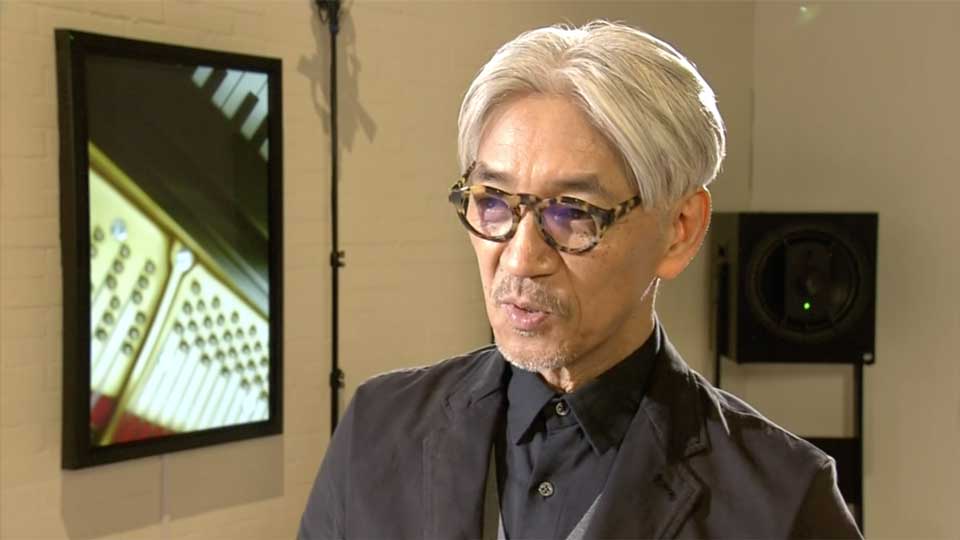A group of five people, including residents and university professors, filed a lawsuit with the Tokyo District Court on Tuesday demanding that Shinjuku cancel the permit and pay each plaintiff over 10,000 yen in compensation.
They argue the permission was issued based on illegal procedures. They claim Shinjuku reclassified the area so the trees could be cut down, but failed to report the classification change to the assembly.

At a news conference on Tuesday morning, the head of the group said that it is a "criminal act" to secretly change the classification and grant permission to cut down trees.
"The trees should be protected for the future of our children. I want the judiciary to halt the action," he said.
Shinjuku Ward said it isn't aware of the case and refrained from further commenting.
Another group of residents in February filed a lawsuit against the Tokyo Metropolitan Government to halt the project.

Meiji Jingu Gaien redevelopment project
The redevelopment project is led by four project operators: Mitsui Fudosan, Meiji Jingu, the Japan Sport Council and Itochu Corporation. They say they aim to create world-class sports facilities as well as increase the area's greenery and open space by 2036.
Under the plan, the aging Jingu Stadium and the Chichibunomiya Rugby Stadium will be rebuilt in new locations within the area.

Two skyscrapers will be built. The 185-meter-high "complex A" will feature offices and shops, while the 80-meter-high "complex B" will house rental accommodations and an indoor stadium.
The current sites of Jingu Stadium and a field for soft baseball will feature two lawns that people can freely use.
The project necessitates the removal of thousands of trees, including 740 out of 1,900 trees that are over 3 meters high. The operators say 880 large trees will be preserved in their current locations and 250 will be transplanted.
They also say Meiji Jingu Gaien's famous ginkgo-lined avenue will be preserved.

Resident opposition grows
The redevelopment plan was announced in 2015, but it wasn't until January 2022 that its tree-cutting details were revealed.
Residents then began voicing concerns and even opposition to the project. Some oppose removing the trees. Others are worried about the project's visual impact on the landscape.
Amid the controversy, the Tokyo Metropolitan Government in February this year approved the project after completing environmental assessment procedures.
The late musician Sakamoto Ryuichi sent a letter voicing his opposition to Tokyo Governor Koike Yuriko in early March, a month before his death. He stated that the project didn't seem sustainable and should be reviewed.

Despite the opposition, demolition work began later that month. The removal of about 30 mature trees is expected to start as early as September.
Expert calls for a consensus
Matsuda Tatsu, an associate professor at Shizuoka University of Art and Culture who is an expert on urban planning and architecture, says a consensus should be formed taking the area's characteristics into consideration.
"Meiji Jingu Gaien has a historical background that was created with public donations. Even though it is private land, it has been loved by people for a century as a public place," he says.
"It's still possible to incorporate various opinions into the project, so the project operators should create opportunities to hear more voices."

